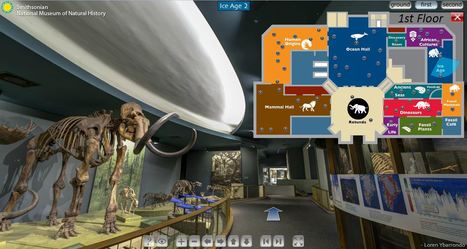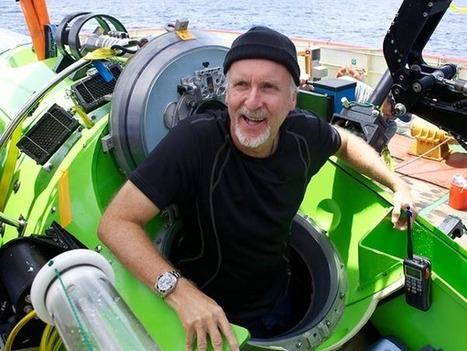The Smithsonian Museum of Natural History is a fabulous resource in Washington D.C., but now this museum available virtually. Teachers can now bring the museums to the classroom with these fantastic Smithsonian virtual tours.
Tags: biogeography, virtual tours, environment, ecology, historical, physical.



 Your new post is loading...
Your new post is loading...










